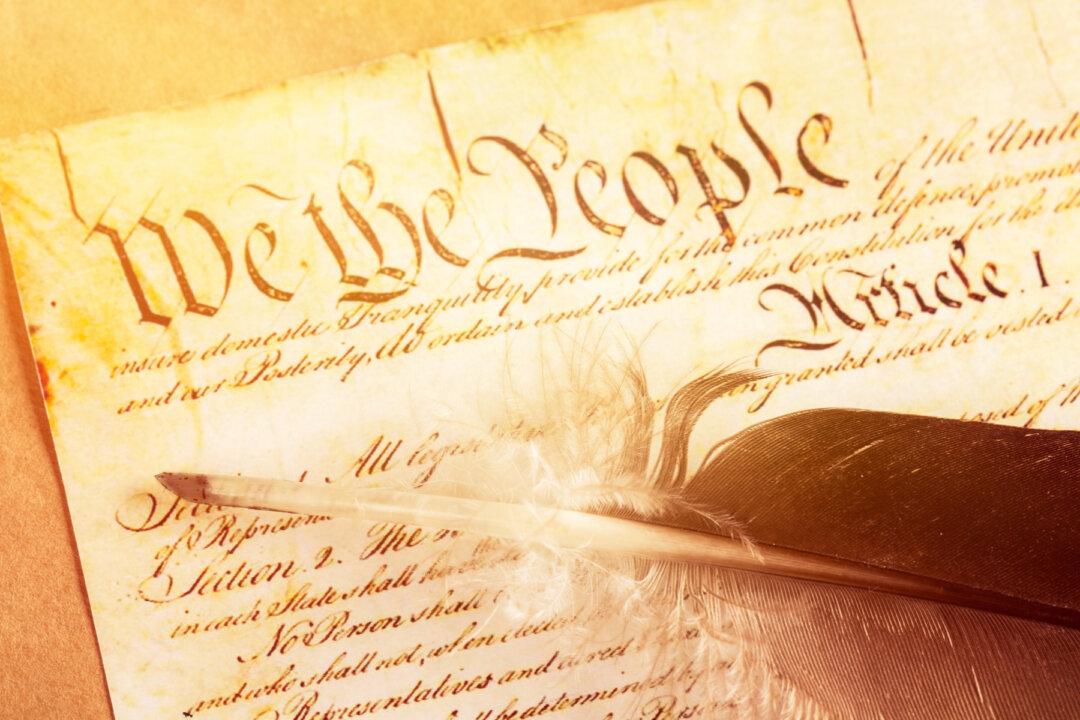Commentary
The constitutional basis for most federal regulations is the Constitution’s interstate commerce clause. A new historical study shows, however, that the interstate commerce clause is nowhere near as broad as federal officials claim it is.

The constitutional basis for most federal regulations is the Constitution’s interstate commerce clause. A new historical study shows, however, that the interstate commerce clause is nowhere near as broad as federal officials claim it is.